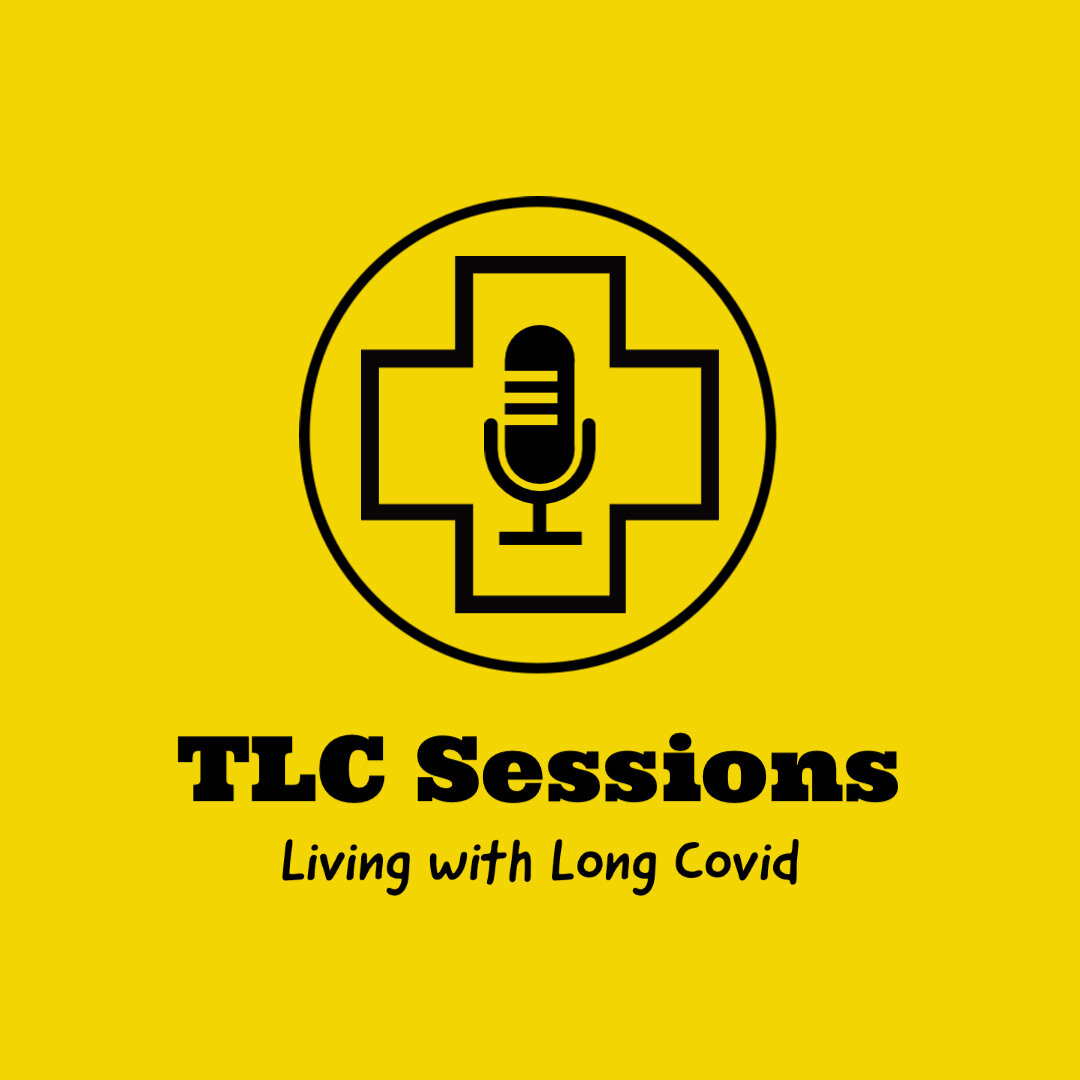Episode 76: Conor Browne - Assessing the Risk
Conor Browne is a Biorisk consultant who specialises in identifying, analysing, and managing biosecurity risks, for the purposes of business continuity, forecasting, and public health.
The COVID-19 pandemic has underscored the crucial importance of effective biorisk management. As the world grappled with the rapid spread of SARS-CoV-2, biorisk consultants emerged as key players in navigating the complex landscape of biological threats. These professionals brought their expertise to bear in a variety of settings, helping to mitigate the impact of the virus and protect public health.
One of the primary tasks of biorisk consultants during the pandemic was to conduct thorough risk assessments, evaluating the potential for SARS-CoV-2 transmission in a diverse range of environments, including healthcare facilities, laboratories, public spaces, and workplaces. By identifying transmission routes and high-risk activities, they were able to pinpoint areas where interventions were, and still are, most needed. Their counsel was sought by governments and institutions, and the advice was then used (or disregarded) to influence strategy, policy, and financials.
We talked to Browne about what we did right, what we did wrong and where the dangers lie ahead.
A core part of his analysis involves taking a broader view of the effects of infectious diseases on populations rather than individuals. When he zooms out to the population level, it becomes glaringly evident that the ongoing unmitigated transmission of SARS-CoV-2 is causing increasingly severe effects on public health. This is primarily seen through the rising levels of disability caused by Long Covid and the sequelae of Covid, such as increased cardiovascular problems, autoimmune issues, and diabetes.
This deterioration in overall population health manifests in five significant ways:
Shortages of workers in professions with high occupational exposure to SARS-CoV-2, such as teachers
Growing numbers of disability claims made to social welfare systems.
An increase in economically inactive adults, many of whom are new caregivers.
Persistent and rising levels of school absences.
Intensifying pressure on healthcare systems.
Above all, Browne emphasises the need for clean air and clear and effective communication. “It’s the first message that sticks” he says, describing how singing happy birthday and washing your hands has stayed with the public when actually the disease was primarily spread through airborne transmission and masking and air filtration are more important. This is how we got things wrong.
As the world continues to navigate the challenges posed by biological threats, the contributions of biorisk consultants will remain vital in safeguarding public health and ensuring preparedness for future pandemics.

